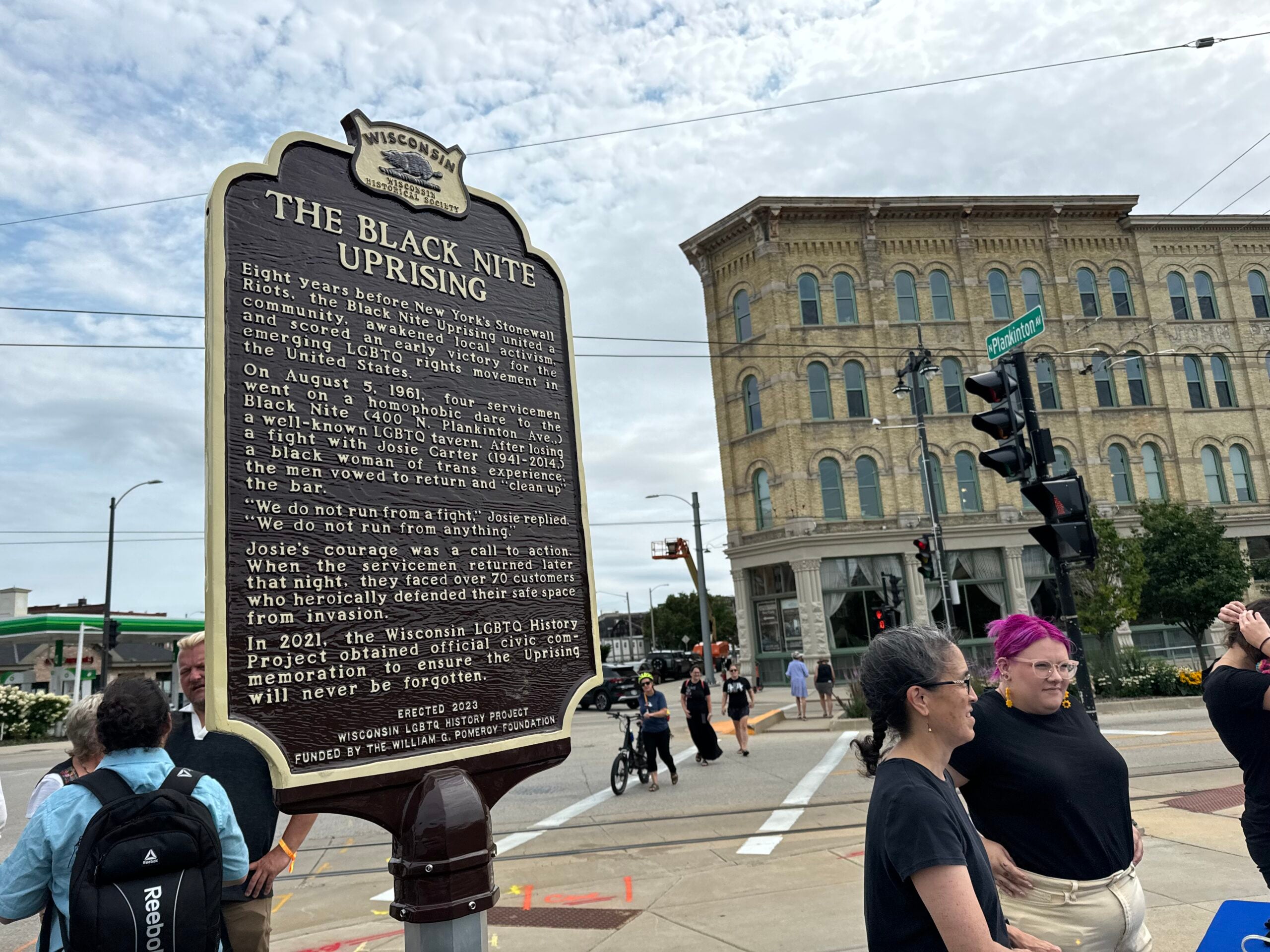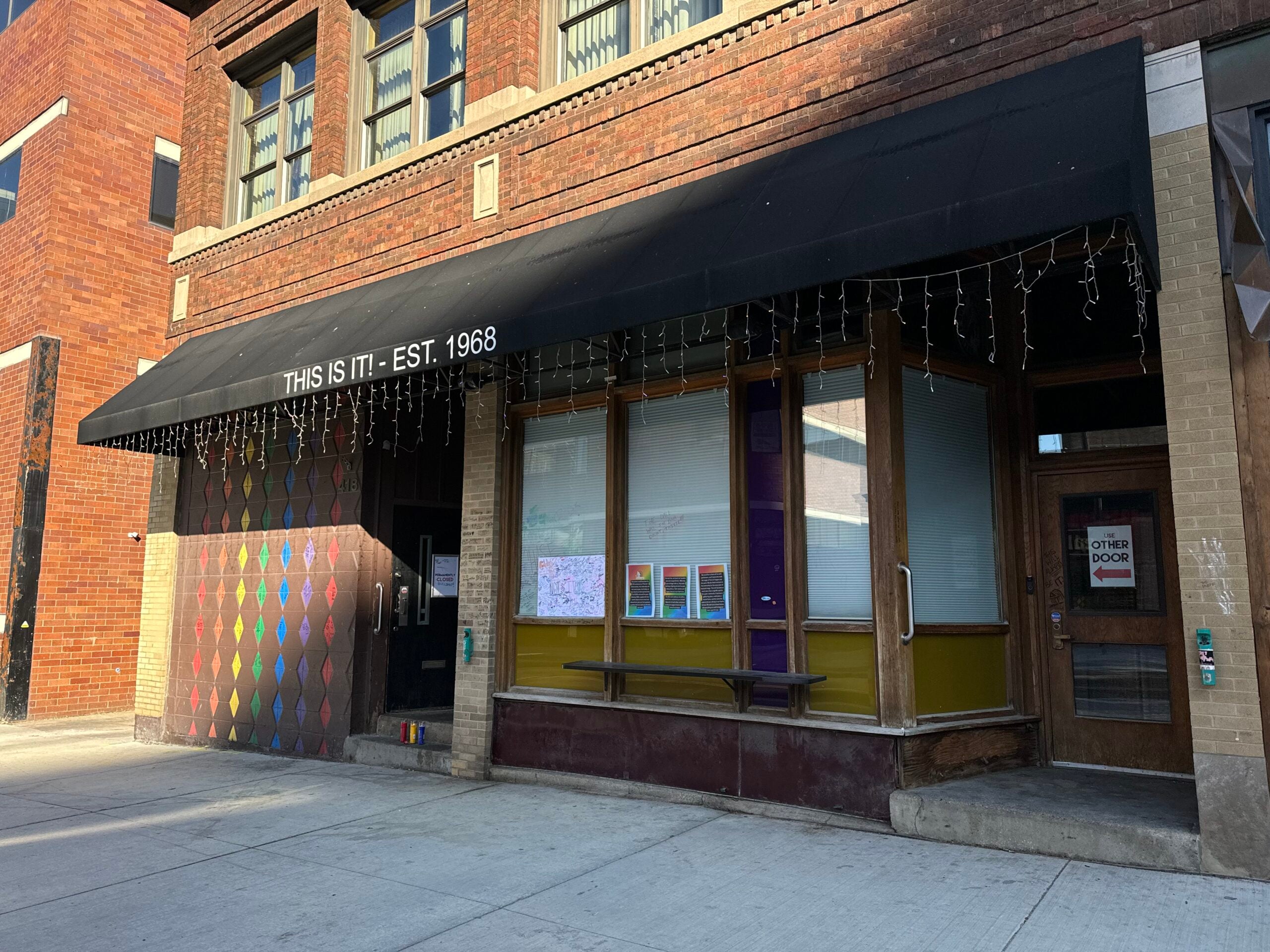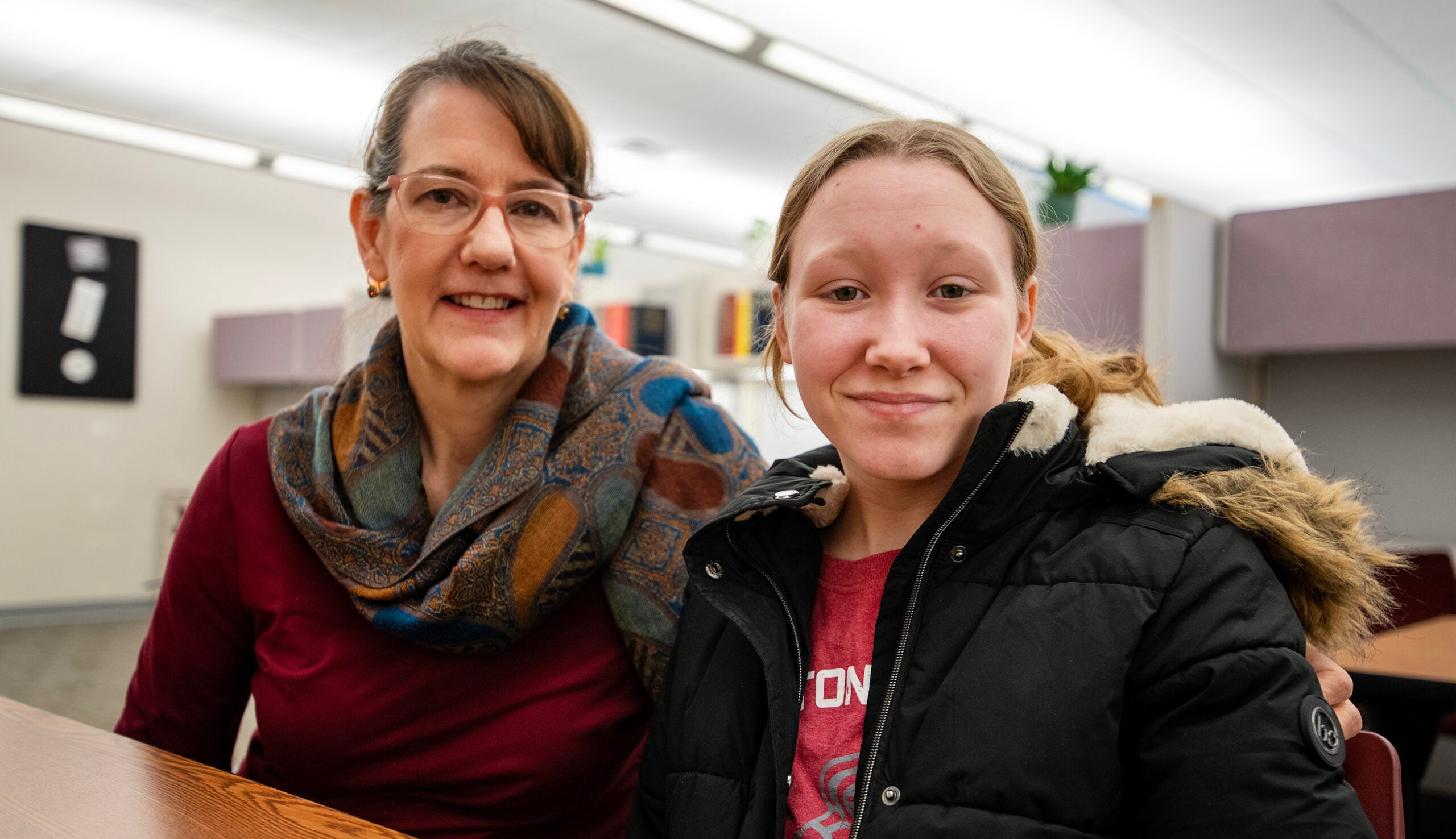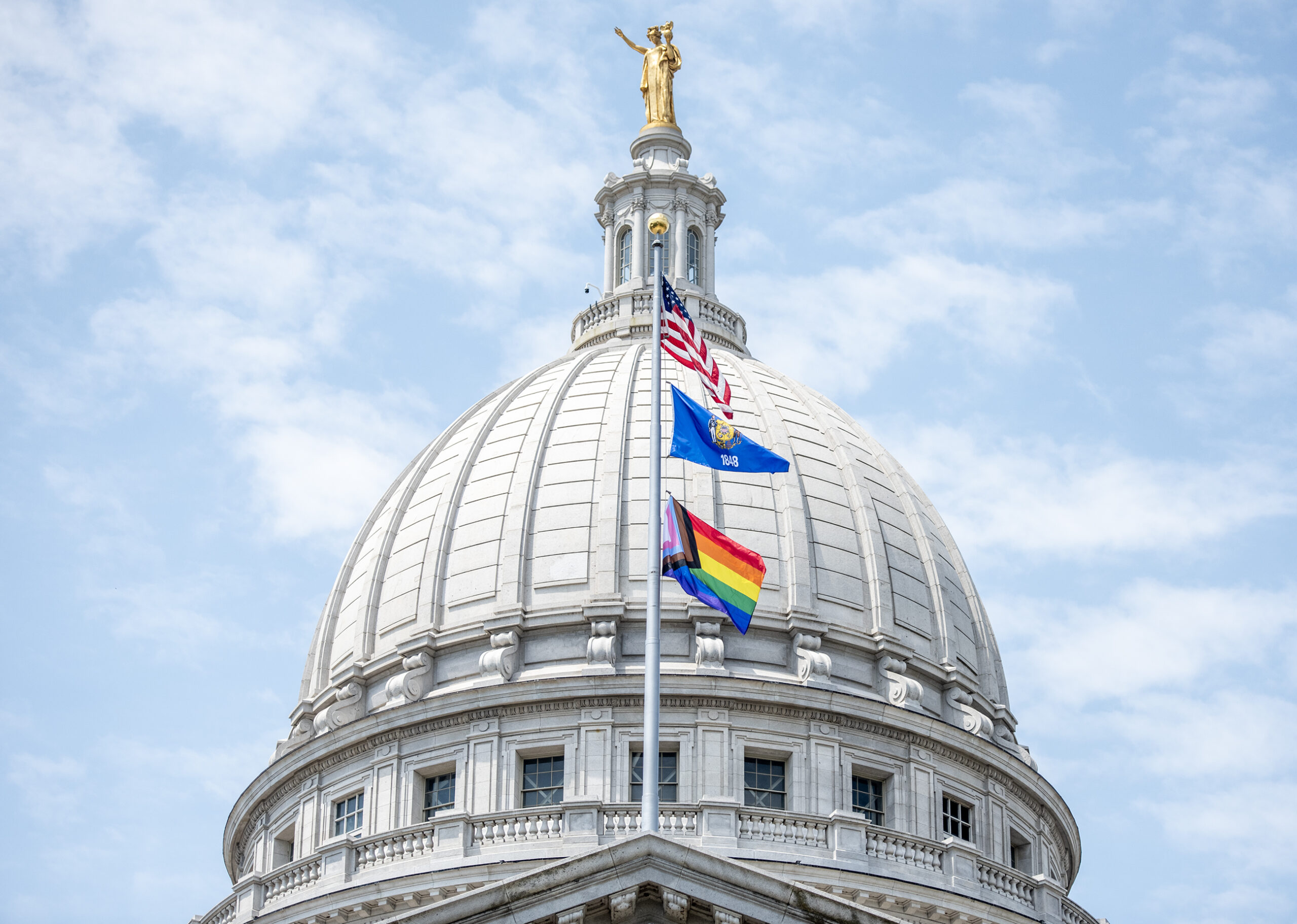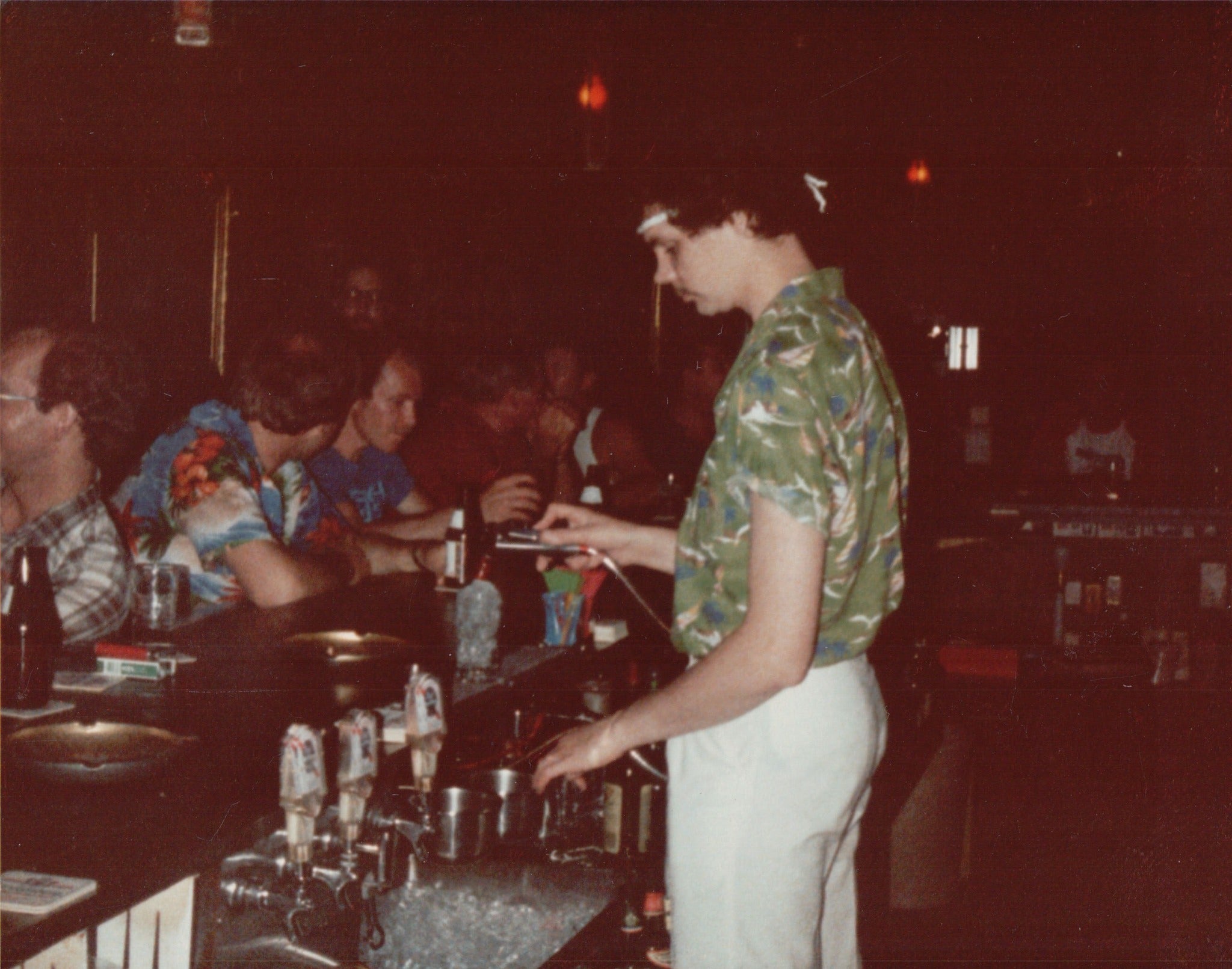Sixty-three years ago, a group of customers at a Milwaukee gay bar led an “uprising” against a few servicemen who were looking for a fight.
This week, a Wisconsin State Historical Marker was dedicated near the site of what became known as The Black Nite Uprising. It’s the first historic marker focused on the LGBTQ+ community in Wisconsin.
“It tells LGBTQ people, like me, that we have a place here in Wisconsin, and Milwaukee — a place that we can be seen, a place where we can be valued, a place where we can be celebrated,” said Tony Snell Rodriguez, the chair of Milwaukee’s Equal Rights Commission, at Monday’s ceremony.
Stay informed on the latest news
Sign up for WPR’s email newsletter.
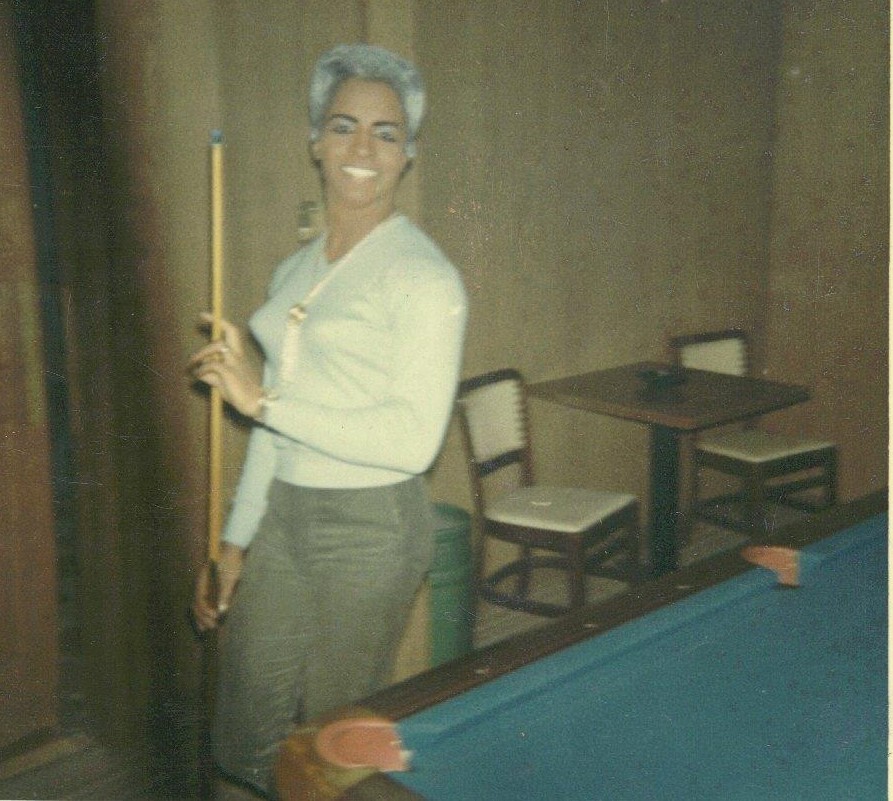
The uprising was led by Josie Carter, a Black transgender woman. Four servicemen went to the Black Nite on Aug. 5, 1961 on a “homophobic dare.” After losing a fight with Carter, they returned with others, only to be met by customers of the bar who “defended their safe space from invasion,” according to the Wisconsin LGBTQ History Project, which erected the marker.
The marker states the uprising “united a community, awakened local activism, and scored an early victory for the early LGBTQ rights movement in the United States.”
Michail Takach, chair of the Wisconsin LGBTQ History Project, said the Black Nite Uprising occurred eight years before the historic Stonewall Uprising in New York.
“This is a group of people who never thought they would be heroes,” Takach said. “They lived their entire lives hearing nothing positive about themselves whatsoever. They lived in a world that told them they were broken or damaged or sick or immoral or criminal or illegal and they never expected to be remembered, much less remembered as heroes.”
Takach said the marker honoring Carter, who died in 2014, is also the first one honoring a Black transgender person in Wisconsin.
“For so long, LGBTQ people of communities of color, of trans experience, were told you have no heroes, you have no heritage,” Takach said.
“This is a small chip in that damage that’s been done, but it’s a win in the right direction,” he added.
Ricardo Wynn, an advisor to the Wisconsin LGBTQ History Project, said he believes Carter was a “hero.”
“Today we celebrate and acknowledge Josie Carter, who didn’t see herself as a hero, but led a heroic fight during a time when it was not popular to do so,” Wynn said during the ceremony.
The Wisconsin LGBTQ History Project collects histories of events involving the community the state. An archive of the uprising, also known as the “Black Nite Brawl,” said the event was a “call to arms” for many of Milwaukee’s early gay rights activists.
“For us to finally have an official state marker for an LGBT landmark I think is really important and it’s just great to see it up,” said Don Schwamb, the founder of the project.
The marker is near a stop for Milwaukee’s streetcar and across the street from the location of the bar, which was torn down in the 1960s.
“People are going to get on and off (the streetcar), they’re going to have a few minutes while they’re waiting to read it and learn a little bit that LGBT rights are important and that they go back that far in Milwaukee,” Schwamb said.
Wisconsin Public Radio, © Copyright 2025, Board of Regents of the University of Wisconsin System and Wisconsin Educational Communications Board.
